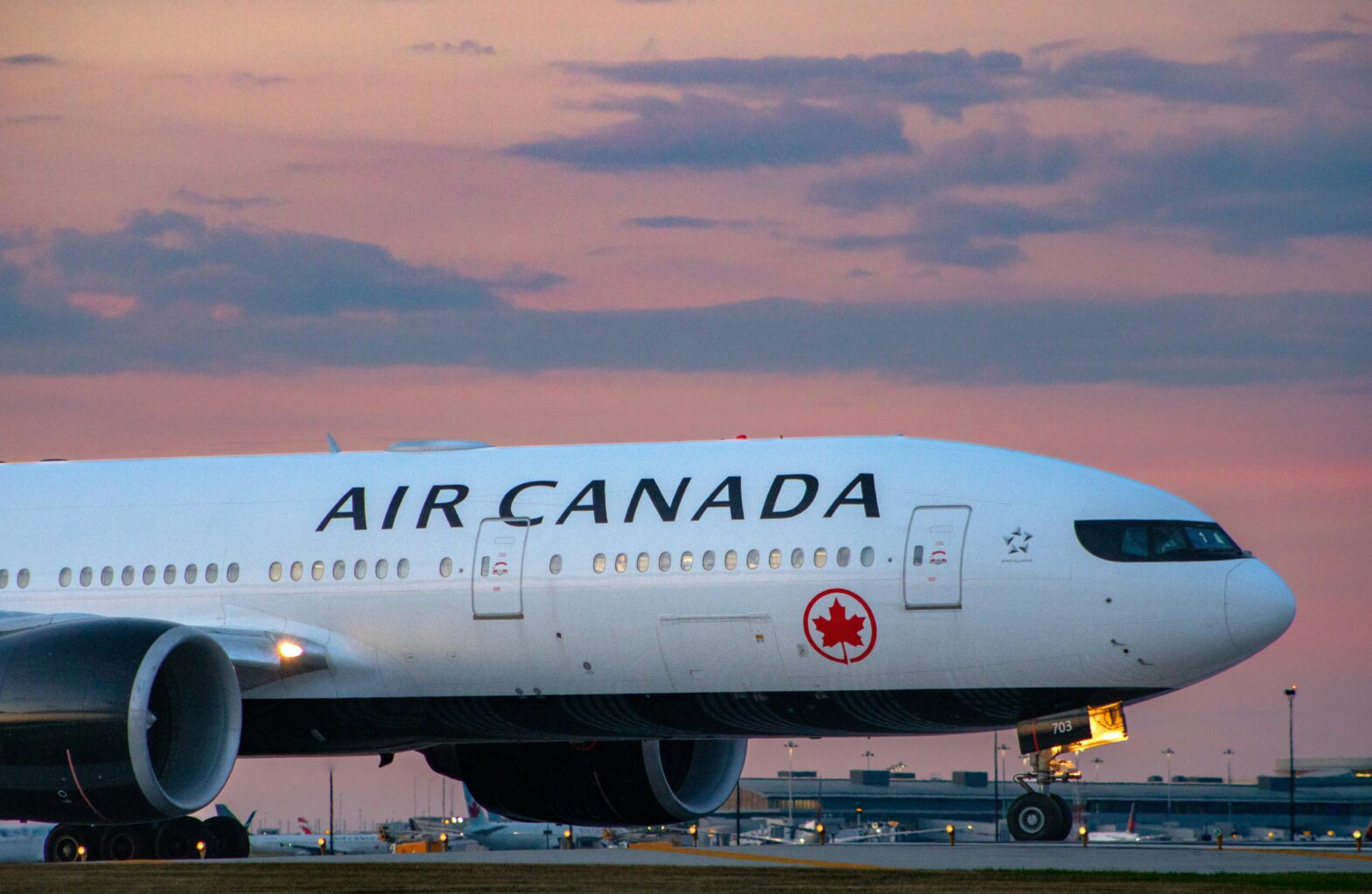Air Canada and the Canadian Union of Public Employees (CUPE), which represents roughly 10,000 flight attendants at Air Canada and its Rouge subsidiary, have reached a tentative agreement, bringing an end to the days-long strike that disrupted travel across North America, CNN reported Tuesday.
“Unpaid work is over. We have reclaimed our voice and our power,” said CUPE spokesperson Hugh Pouliot on Tuesday, calling the deal a “transformational” win for the industry. The agreement comes after a last-minute return to the bargaining table Monday night. It still requires ratification by union members, and if rejected, the strike could resume.
The walkout had grounded more than 700 flights daily and left hundreds of thousands of passengers stranded. While the agreement ends the work stoppage, the airline cautioned that full service won’t resume for another 7 to 10 days, as aircraft and crew are still out of position. Over 500 Tuesday flights were still canceled, with more than 160 already canceled for Wednesday.
Air Canada reiterated that only travelers with confirmed bookings for operating flights should head to the airport.
Original Report (August 18, 2025):
Thousands of Air Canada flight attendants are refusing to comply with a federal back-to-work order issued on Sunday, bringing Canada’s largest airline to a standstill during peak summer travel season. The Canadian Union of Public Employees (CUPE), representing approximately 10,000 flight attendants, dramatically escalated the dispute when union president Mark Hancock publicly tore up a copy of the government directive outside Toronto’s Pearson International Airport, declaring emphatically that members would not return to work.
According to Reuters, this bold defiance comes after the Canada Industrial Relations Board (CIRB) ordered airline staff back to work by 2 p.m. Sunday following government intervention. The strike has thrown travel plans into chaos for roughly 130,000 passengers daily who rely on Air Canada’s network of around 700 flights per day across domestic and international routes.
Air Canada Scrambles To Adjust Operations
Air Canada quickly responded to the union’s defiance by suspending its planned Sunday evening restart of operations, pushing the resumption of flights to Monday evening instead. The airline issued a statement claiming the union had “illegally directed its flight attendant members to defy a direction from the Canadian Industrial Relations Board.” The carrier has also suspended its financial guidance for third quarter and full-year 2025 operating results due to the ongoing labor disruption.
Labor experts warn that the union’s defiance could lead to serious legal repercussions. Michael Lynk, professor emeritus at Western University’s Faculty of Law, suggested the government might seek a contempt order if the union refuses to back down. “The union leadership could face the same consequences as what happened 45 years ago. It could be fines against the union … potential of jail time for the union leaders,” Lynk told CTV, referring to a 1978 incident when Canadian postal workers defied back-to-work legislation.
Core Dispute Centers On Compensation
The strike, which began early Saturday morning around 1 a.m. EDT, stems from failed contract negotiations that have been ongoing for about eight months. The primary sticking point involves compensation for the time spent on the ground between flights and when assisting passengers with boarding. While Air Canada claims its latest offer includes a 38% increase in total compensation over four years, CUPE counters that the proposed 8% raise in the first year falls short, given current inflation rates.
The strike’s impact on travelers has been severe and immediate. Tourists and business travelers find themselves stranded, with limited rebooking options due to the already high capacity of the summer travel season. Many passengers have been forced to seek alternative arrangements, often at considerable personal expense.





